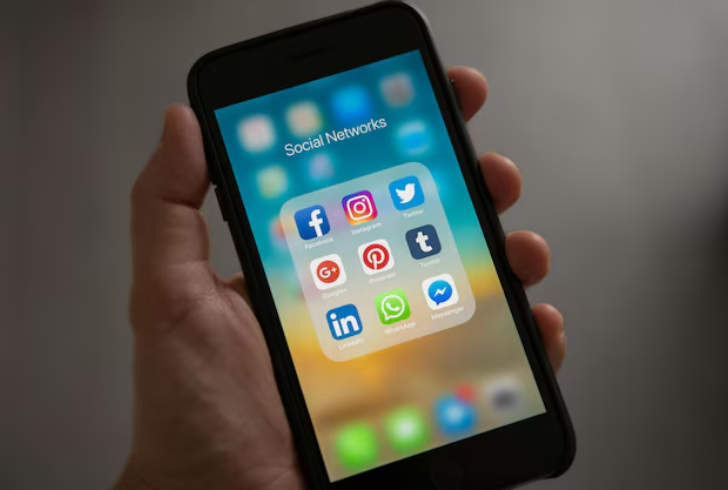Why Is Gen Z Turning Away from Hollywood?
Hollywood has long been the dominant force in entertainment, shaping global pop culture with blockbuster movies and TV shows. However, a significant shift is taking place—one that challenges traditional filmmaking and storytelling.
A growing percentage of Gen Z prefers content from social media creators over Hollywood productions. This trend raises questions about the industry’s future and whether traditional studios can adapt to the changing landscape.
Gen Z’s Preference for Authenticity
A recent study by Deloitte highlights a striking trend – 56% of Gen Z and 43% of millennials find social media content more relevant than mainstream movies and TV shows. Additionally, nearly half of Gen Z respondents feel a stronger personal connection to content creators compared to Hollywood actors.

Freepik | Deloitte’s research indicates a preference for social media content over movies and TV among Gen Z .
The reason? Authenticity. Many young viewers believe that social media personalities bring a level of realism that scripted Hollywood productions lack. Unlike traditional media, where actors portray characters in polished, highly produced settings, content creators present a more raw, relatable, and spontaneous experience.
Another factor influencing this shift is the rise of AI in filmmaking. As studios experiment with artificial intelligence for scriptwriting, casting, and special effects, younger audiences seem wary of content that feels overly produced or lacking human touch.
Can Hollywood Keep Up?
For decades, the film industry has thrived on major theatrical releases, television series, and streaming services. But with Gen Z spending more time on platforms like TikTok, YouTube, and Instagram, traditional studios are now facing a dilemma—how to capture and retain the attention of younger audiences.
Some industry experts suggest integrating social media creators into mainstream films and shows. Nearly half of Gen Z respondents expressed interest in seeing these influencers take on acting roles. However, there’s a potential downside: 30% of audiences believe that social media stars lose their authenticity once they transition to traditional entertainment.
Strategies for Adapting to Gen Z’s Viewing Habits

Freepik | hidayatullahhidayatullah1244 | To stay relevant in an evolving entertainment landscape, Hollywood must leveraging social media platforms.
To remain relevant, Hollywood may need to embrace new strategies. Here are some key takeaways from the Deloitte report:
1. Invest in Advertising Technology – AI-driven ad placements can create personalized recommendations, making content more appealing to younger audiences.
2. Expand Content Accessibility – Using AI for dubbing and translation can help studios reach a wider global audience with minimal production costs.
3. Leverage Social Media for Promotion – More than half of younger viewers decide to watch a movie or TV show after seeing recommendations from content creators. Engaging with influencers for marketing campaigns could boost viewership.
4. Short-Form Content Integration – The assumption that short videos don’t work for premium entertainment may be incorrect. Repurposing high-quality clips for social media could generate interest in full-length productions.
The Path Forward for Hollywood
Adapting to these trends won’t be easy, especially in an industry deeply rooted in traditional filmmaking. While some studios are experimenting with influencer-led projects, the key challenge will be maintaining authenticity while embracing digital transformation.
The future of Hollywood isn’t about replacing traditional storytelling but rather evolving it to meet the demands of a generation that values real, relatable, and instantly engaging content. Whether through innovative marketing strategies, hybrid content models, or collaborations with creators, the industry must find a balance that resonates with modern audiences.